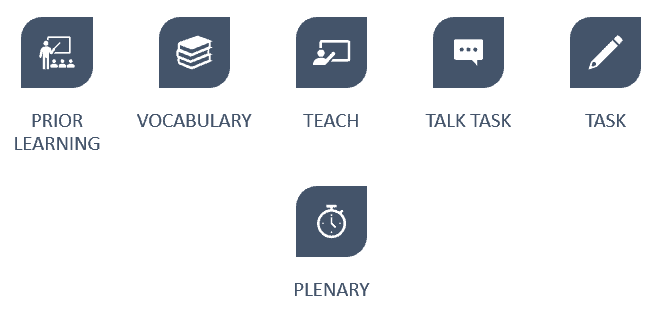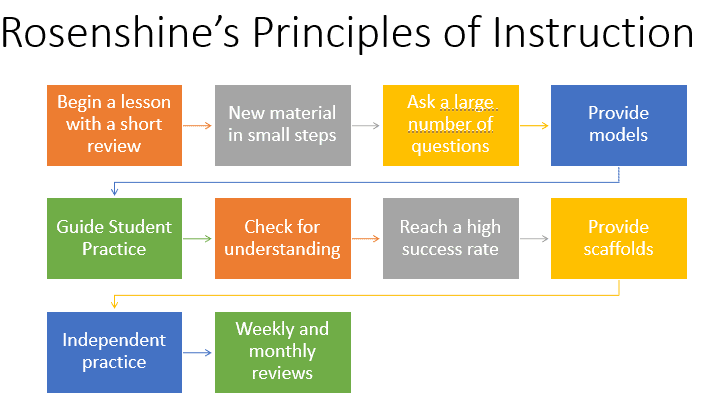
Curriculum
At William de Yaxley C of E Academy, we aim for all pupils to be successful learners, confident individuals and responsible citizens.
Overview
William de Yaxley Curriculum Intent Statement
At William de Yaxley CE Academy (WDYA) we have developed a well-sequenced, knowledge-rich curriculum based on the Primary Knowledge Curriculum (PKC). The principles of our Knowledge-rich curriculum are:
- Knowledge is valued and specified
- Knowledge is well sequenced
- Knowledge is taught to be remembered
As a Partner School of the PKC, the content in our curriculum has been carefully chosen by subject experts and has been sequenced in a meaningful way that enables children to make connections and progress from unit to unit, term to term and year to year. We recognise and value each subject and teach them discretely, ensuring that our children develop a deep understanding and love of each distinct discipline. Where appropriate, links are made across disciplines to enable children to make meaningful connections (e.g. our children learn about Northern Europe in geography before learning about the Vikings in history). At WDYA we have made discerning choices around the content and sequencing of units, adapting the PKC to meet the needs of our children, for example, we have added in the local element to many units and retained units of study which are relevant and important to our children.
We specify exactly what we teach in each subject and communicate this with teachers and parents. Our intended curriculum can be found in these documents and will be made available to parents each year:
- Our whole school curriculum overview (outlines the units covered in each subject across the year)
- Subject Curriculum Maps (details exactly what we cover in each subject, with additional detail showing what is covered in each lesson)
- Curriculum Rationale (sets out our approach to curriculum and our values)
- Subject Rationales (explains the reasoning behind how our curriculum was developed for each subject)
- Unit Rationales (outlines the substantive knowledge, concepts and disciplinary knowledge taught in each unit, and how each unit fits in with the bigger curriculum picture)
- The Knowledge Goals and assessment goals set out in our planning documents for each subject (KG explain what we plan for all children to know by the end of each lesson, and the assessment shows what we expect children to commit to long term memory by the end of the unit)
- Our Knowledge Organisers (outline some key knowledge and vocabulary that we want children to remember)
Implementation
Our intended curriculum is translated over time in the classroom following a structured approach. Teachers are provided with detailed documents for each unit, prepared by subject specialists, to support with subject knowledge and planning. This ensures every teacher has secure subject knowledge and reduces workload, enabling teachers to spend more time thinking about how each lesson can be effectively enacted in their classroom to support their class.
Each lesson starts with a prior learning review, where children are supported to retrieve prior knowledge and make connections. We have an emphasis on explicitly teaching vocabulary, and each lesson starts with introducing, orally rehearsing, and engaging with key vocabulary (e.g., looking at the etymology of new words). Key vocabulary is contextualised throughout the lesson and children are given opportunities to apply new words.
Our teachers enact our intended curriculum using research-based pedagogy, such as Rosenshine’s ‘Principles of Instruction’, to ensure information is presented in small steps, clearly explained and modelled, and children have many opportunities to talk, answer questions, explain their learning and work independently. Throughout lessons, teachers assess/monitor pupil responses (e.g. through questioning, written and oral responses, MCQs, using Knowledge Organisers) and provide effective feedback.


Impact
As we have clearly specified what we want our children to know and remember, when reviewing impact, we use our intended curriculum to assess whether children can remember what we set out for them. We carry out curriculum reviews to assess impact and use these to plan for future development e.g . We implement our “Engagement and Knowledge” document to capture pupil views as both Class Teachers and Subject Leaders regarding the content of units delivered. These are shared via regular feedback sessions at weekly briefings and all staff are informed of what each subject “Looks like” across school on any given week and provided with actions points to address in order to move each subject forwards.
SLT carry out a half termly monitoring schedule which focusses on specific elements or monitoring aspects such as: Pupil Voice, moderated assessments, Learning Walks, Book Looks, The learning environment and application of CPD. The outcomes from which are shared with staff and form “next steps” to curriculum development and delivery.
Individual Subject Leaders carry out a cycle of monitoring which includes: Capturing the pupil voice, engagement and “How could it be better” responses, looking at books and the profile of their subject across the school. They monitor books for consistency and coverage and share back with colleagues (including action points for improvement /development) of their subject.
This monitoring informs the ongoing cycle of School Development planning and CPD need.
